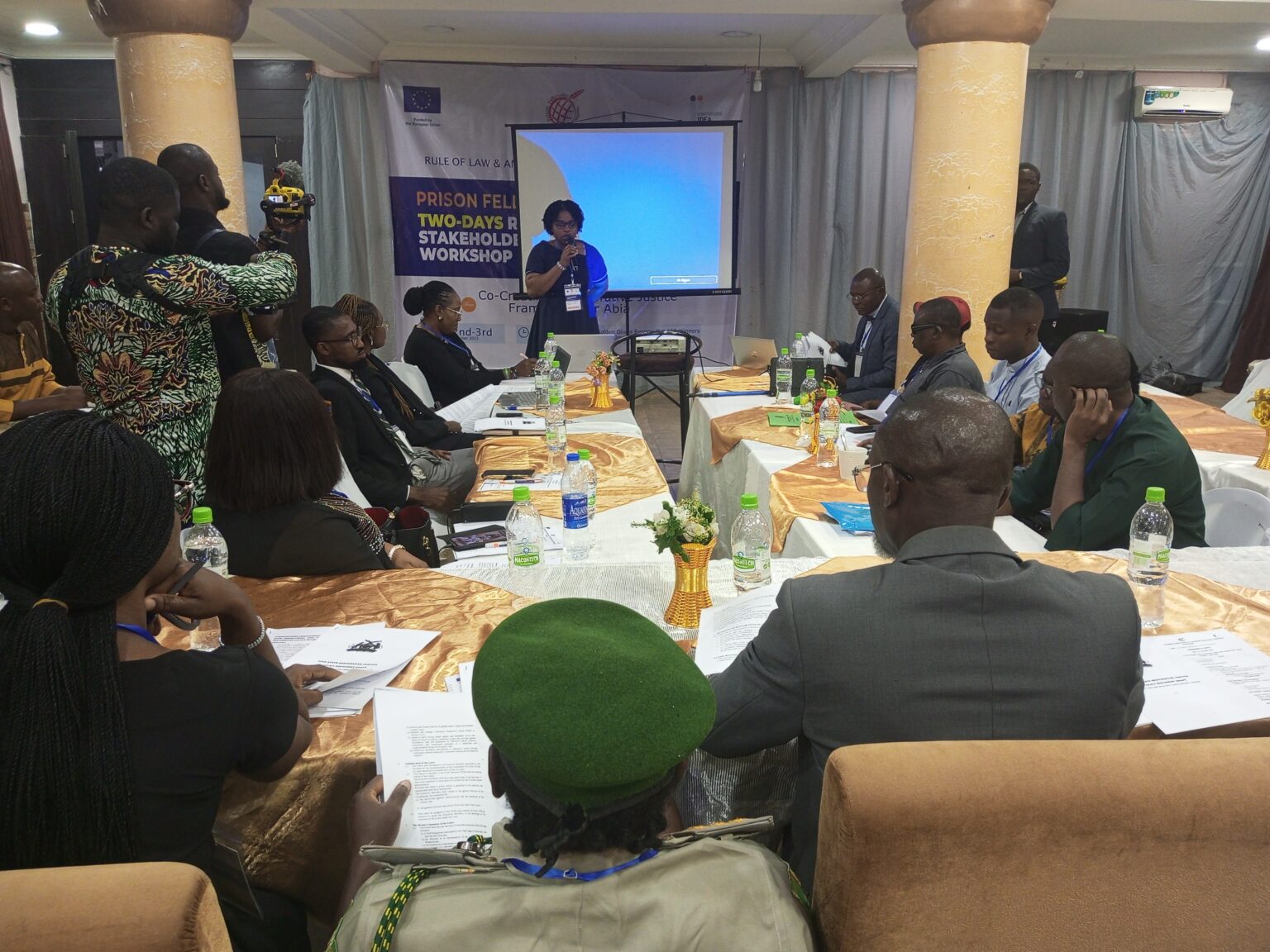The key role of Prison Fellowship Nigeria (PFN) has been reemphasized to be the establishment and promotion of restorative justice in Nigeria states, as the steering committee of the rule of law and anti corruption RoLAC 2 program has presented its recommendations during a two-day workshop for the organisation.
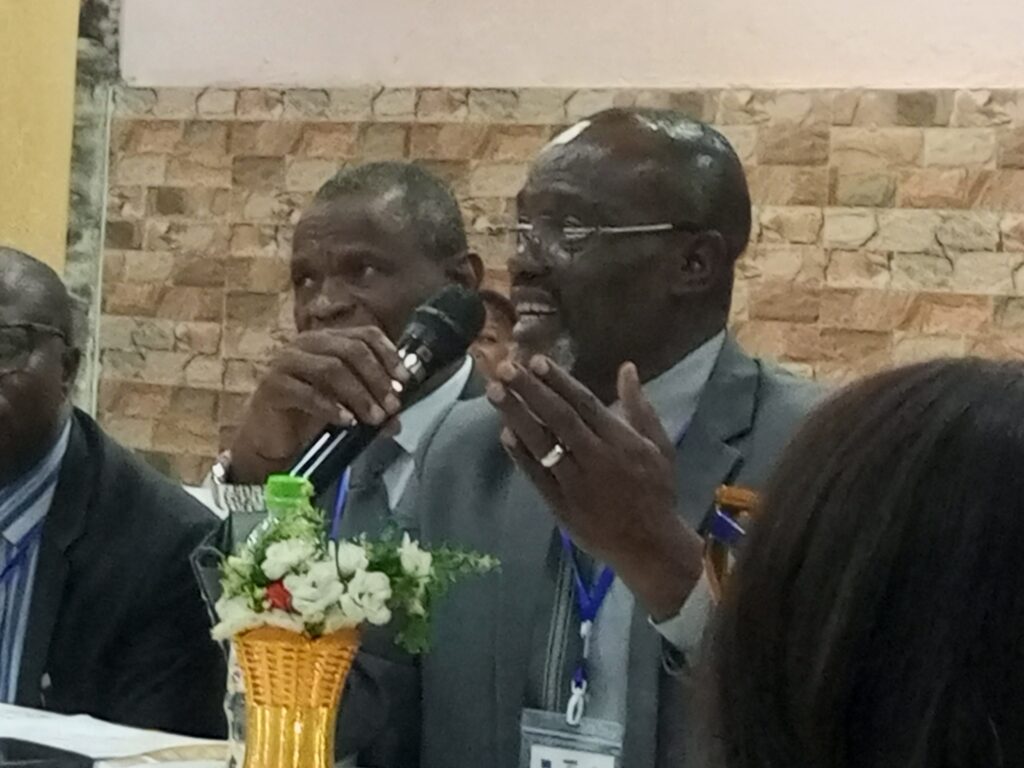
Dr. Jacob Tsado, the Executive Director of Prison Fellowship Nigeria gave the clarity during a Two-day Restorative stakeholders validation workshop held in Umuahia, Abia State.
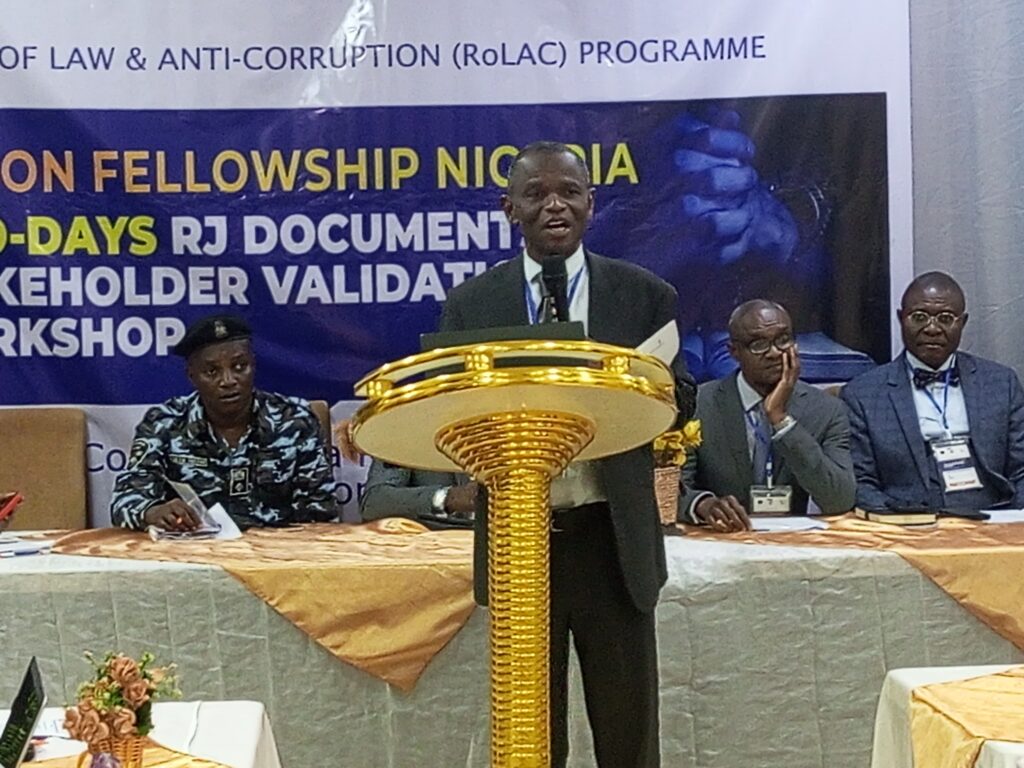
While noting the key role of PFN, Dr. Tsado holds that the exercise is been done according to the rule of law and anti corruption RoLAC 2 program which is an international idea and funded by European Union.
Dr. Tsado affirmed that the Prison fellowship Nigeria is in partnership with RoLAC to implement the course in Abia State.
Dr. Tsado hinted that the committee is saddled with the responsibility of developing policies on restorative justice as well as drafting bills and policy direction to support the implementation of restorative justice in Abia.
During the event, which Dr. Tsado explained that the two-day workshop is aimed at assessing the content of documents developed by the team. He also revealed that RoLAC is working in seven states in Nigeria namely; Abia, Adamawa, Anambara, Edo, Kano, Lagos, Kano and FCT.
The workshop had in attendance the Attorney General and Commissioner for Justice, Mr. Ikechukwu Uwanna represented by Paul Ogbubunka, permanent Secretary and solicitor of Abia State. Others are Chief Judge of Abia State, Justice Lilian Aba, represented by the Chairman, Abia State Steering committee on Restorative Justice, Justice Kenneth Okereke, Commissioner of Police, Danladi Isa, represented by Mr. Obediah Okezie, DPO World Bank, Umuahia, State Controller of correctional service, Blessing Nwanyanwu, represented by Desk Officer non-custodial Services Mrs Blessing Nwanganga.
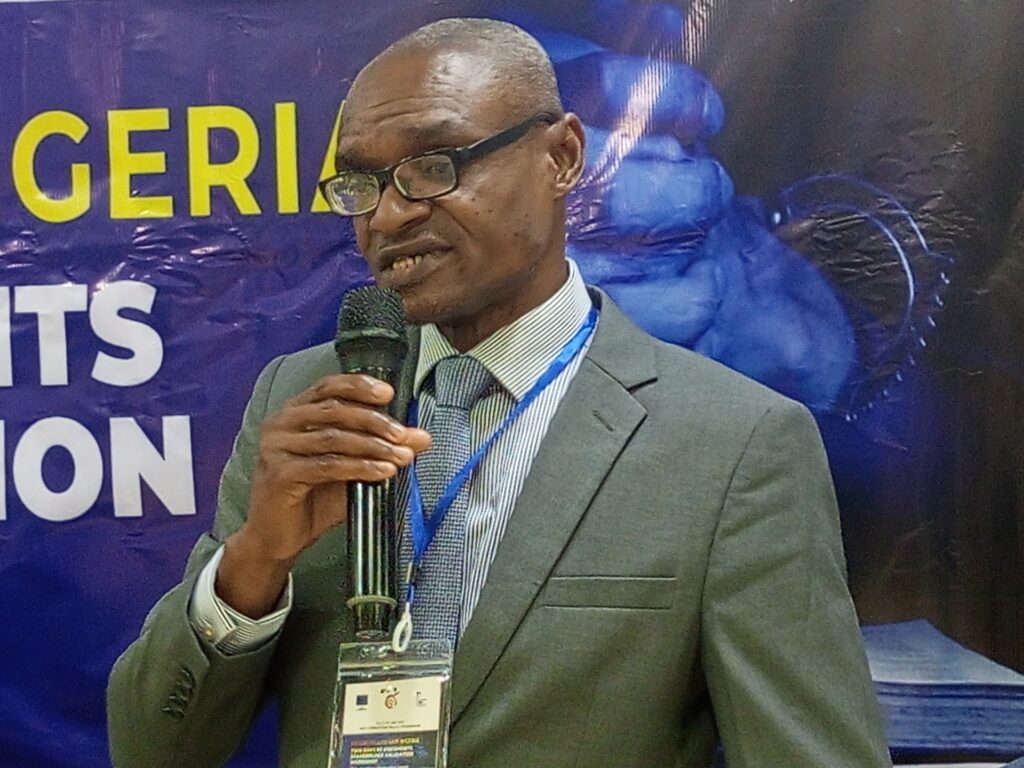
In the speech of the Attorney General and Commissioner for Justice, Mr. Ikechukwu Uwanna, he thanked the team for the job well done on the policy document on Administrative justice in Abia state. He hoped that the policies solve the issue of recidivism, crime rates and decongestion in correctional centres.
The Chief Judge in his speech holds that the gathering marks significant milestone in the collective journey in justice system that is not only fair and efficient but inclusive and responsive to the needs of the people. He recalled that during the inauguration of the steering committee, the Chief Judge emphasised on the mandate of developing holistic framework that will provide the foundation restorative practice in Abia State.
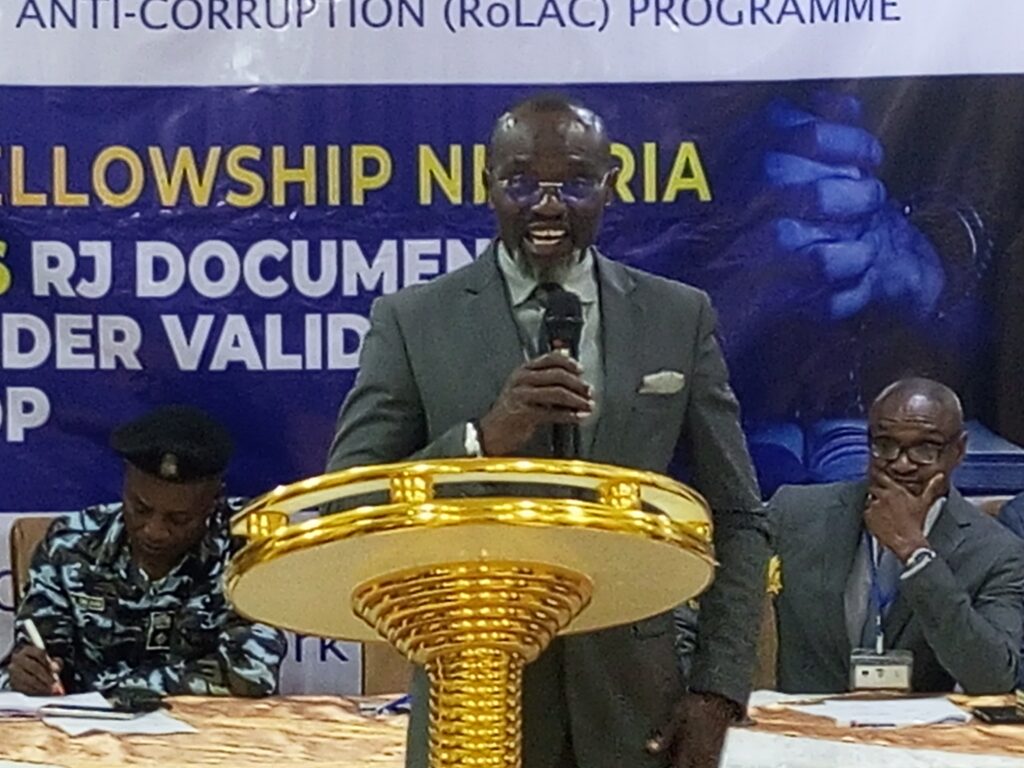
The police representative and that of the correctional centre remarked that they are always available to execute the law as stated in the constitution. They also gave key contributions from their experience in the security service.
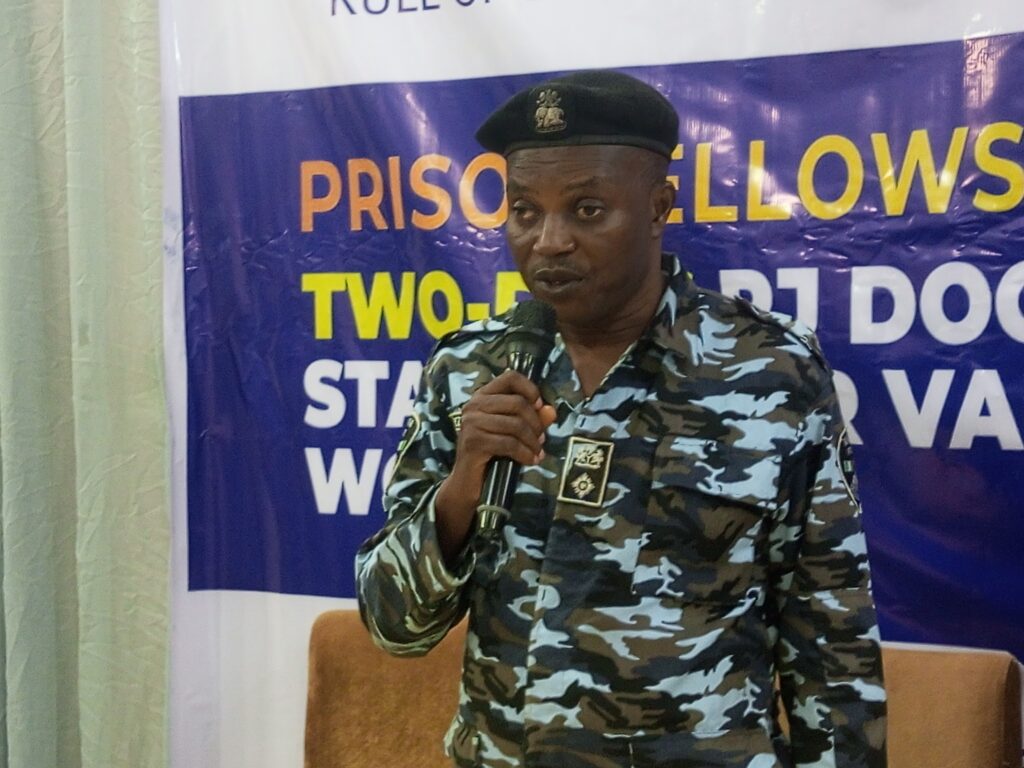
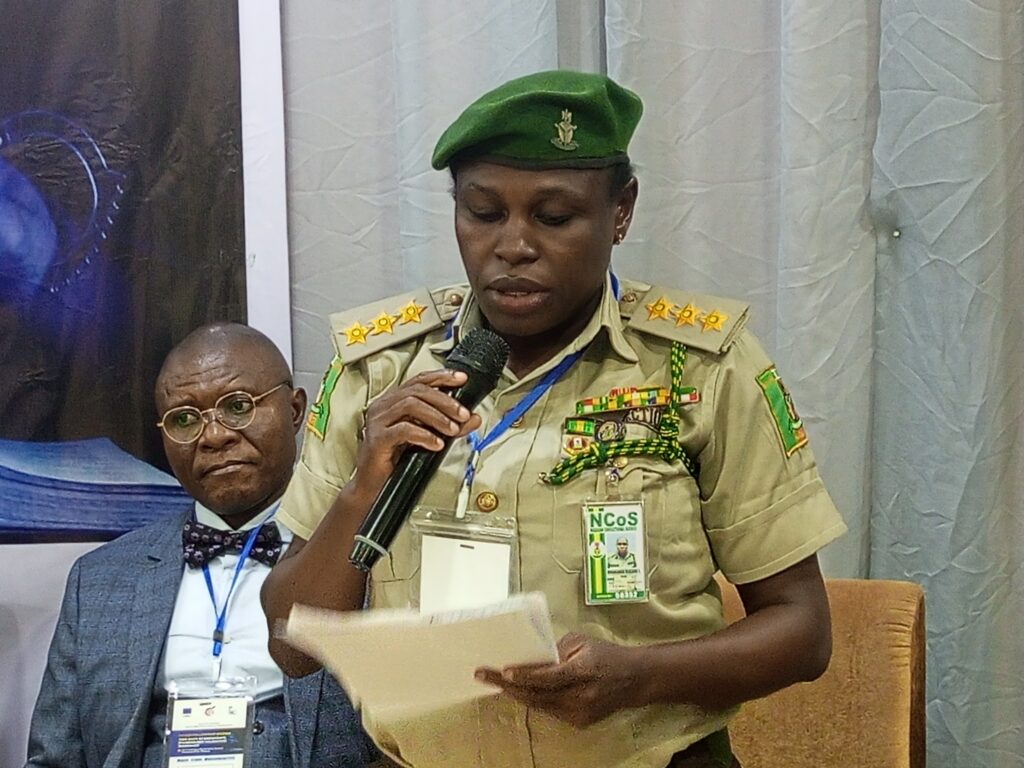
Other participants of the events are; Traditional rulers, Eze Patric Ude, Hon. Wisdom Kalu, State Chairman Joint Association of Person’s living with disabilities, very Rev. Dr. Kingsley Nwike Rector Methodist Theology Institute. They described restorative justice initiative as a good development adding that it will go a long way to protect the voice of the vulnerable and promote peaceful co-existence in the society.
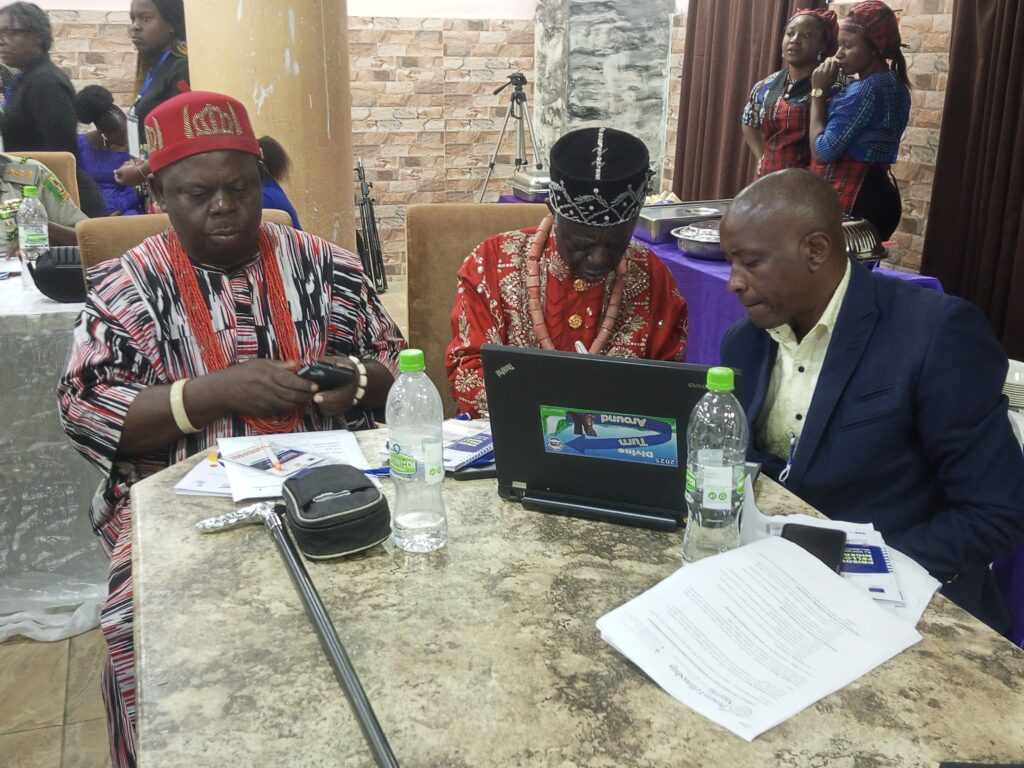
During the workshop, CANDID REPORTERS gathered that Restorative Justice Policy seeks to provide an alternative and complementary approach to the administration of justice in Nigeria. It emphasizes healing, accountability, and community participation, as against the traditional punitive approach that often neglects the needs of victims and does little to rehabilitate offenders.
It was noted that the current criminal justice system in Nigeria is overburdened with delays, prison congestion, and high recidivism rates. Victims are frequently marginalized, while offenders are not adequately reintegrated into society as Restorative Justice offers a people-centered approach that addresses these gaps by fostering reconciliation and repairing harm caused by crime.
The Guiding Principles was aimed at: Repair of harm, victim-centered approach, offender accountability and reintegration.
The Policy Objectives were given as:
To reduce prison congestion and reliance on custodial sentences.
To enhance victim satisfaction and empowerment.
To address underlying causes of crime and reduce recidivism.
To strengthen community cohesion and peace-building efforts.
To institutionalize alternative dispute resolution within the justice system.
Implementation Framework
Establishment of Restorative Justice Units within Ministries of Justice, Correctional Centres, and Police Formations.
Training and accreditation of restorative justice facilitators and mediators.
Legal and institutional reforms to incorporate restorative practices at pre-trial, trial, and post-trial stages.
Community-based programmes including victim-offender mediation, family group conferencing, and community service agreements.
Monitoring and evaluation mechanisms to track compliance and effectiveness.
Expected Outcomes
Enhanced access to justice and public confidence in the justice system.
Restored dignity and healing for victims.
Reduction in recidivism and crime rates.
Decongestion of correctional centres.
Stronger, safer, and more resilient communities.
It was also emphasised that restorative Justice Policy is not a replacement for the conventional justice system but a complementary tool that prioritizes reconciliation, accountability, and healing. It seeks to create a justice system that is fair, humane, efficient, and reflective of communal values.
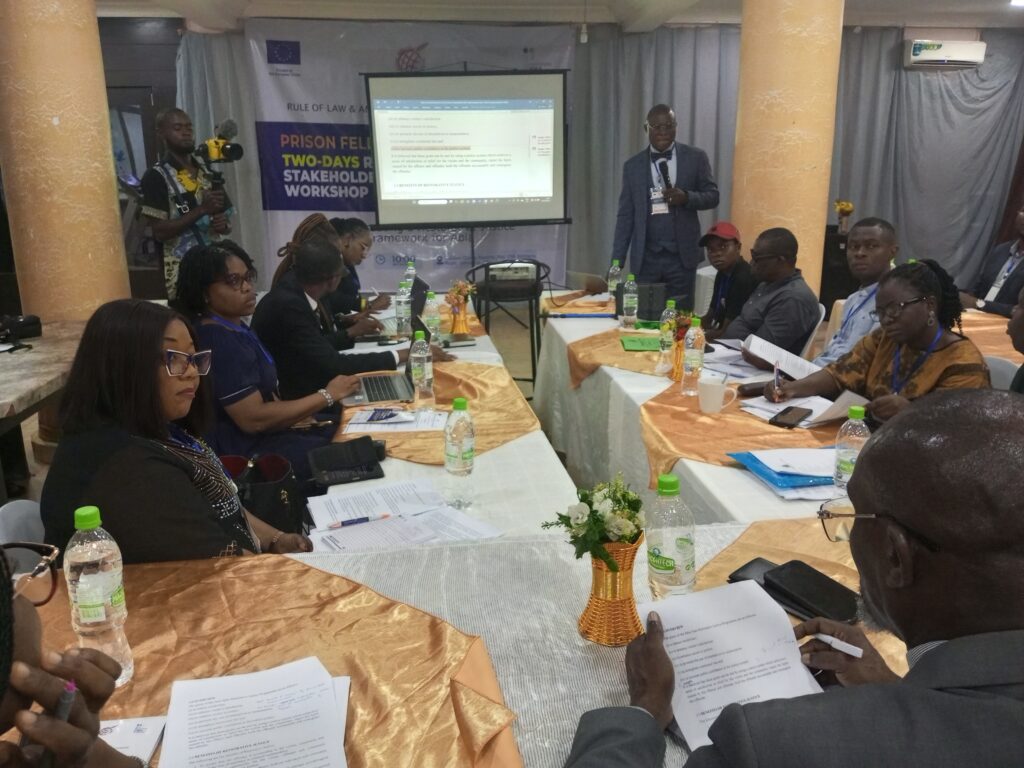
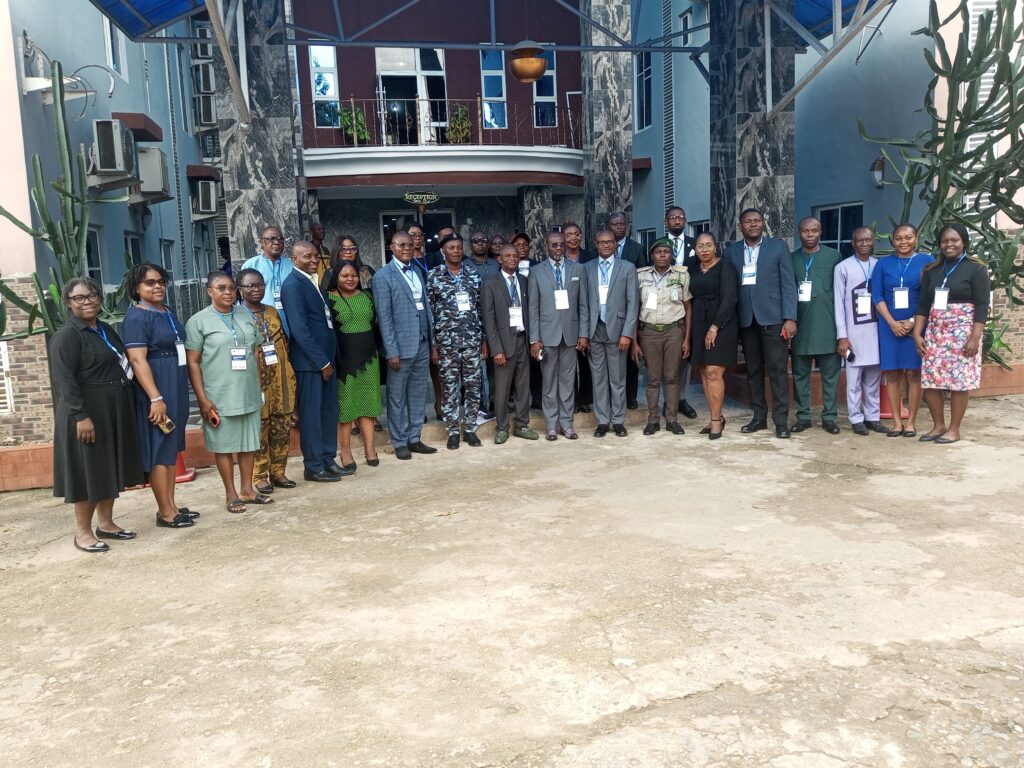
Disclaimer: Candid Reporters publishes news, information, sports, opinions, and Interviews. The site includes both reported and edited content. Unmoderated posts and Comments expressed here do not reflect the opinions of Candid Reporters or any employee thereof..


